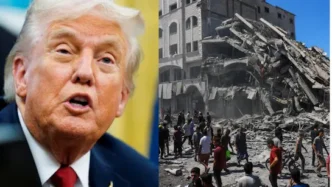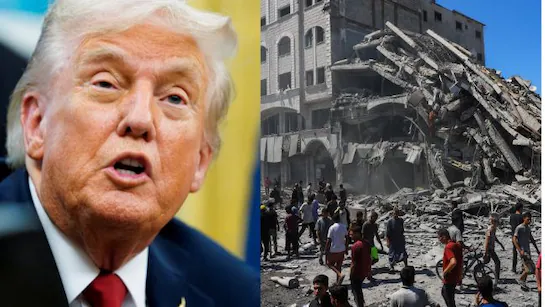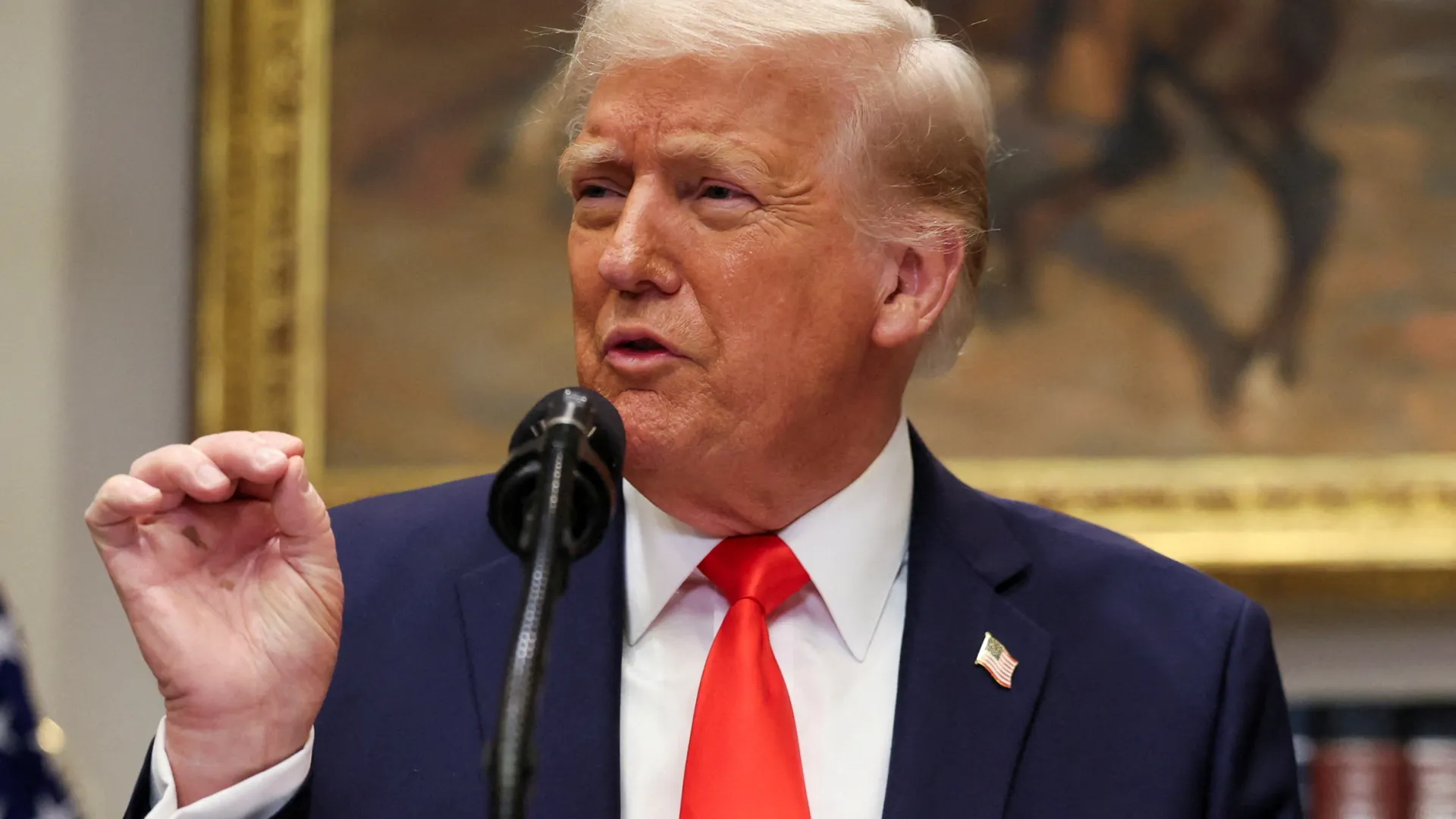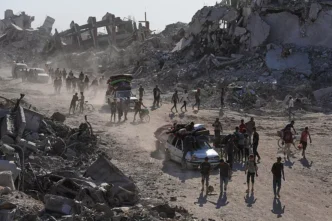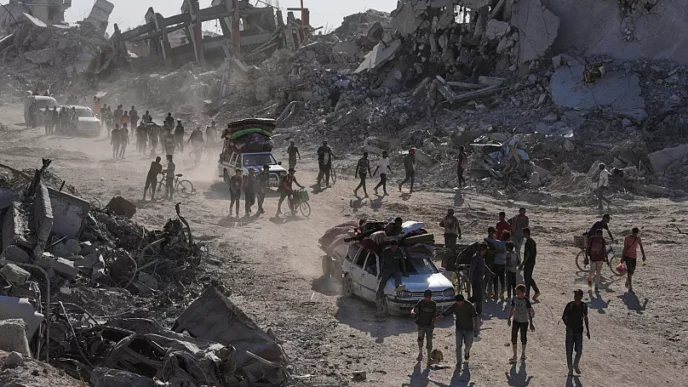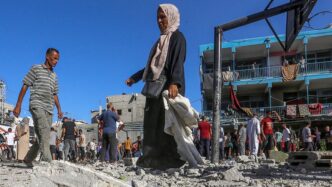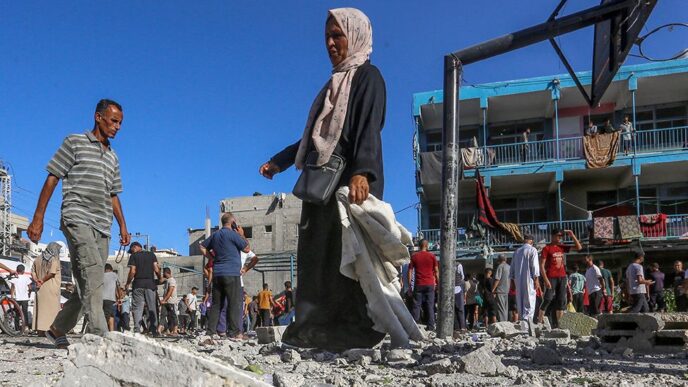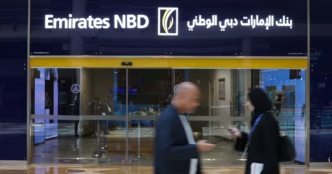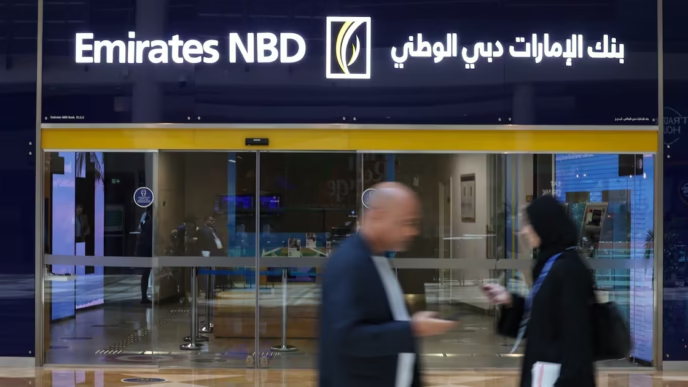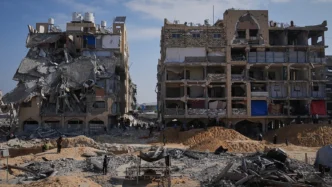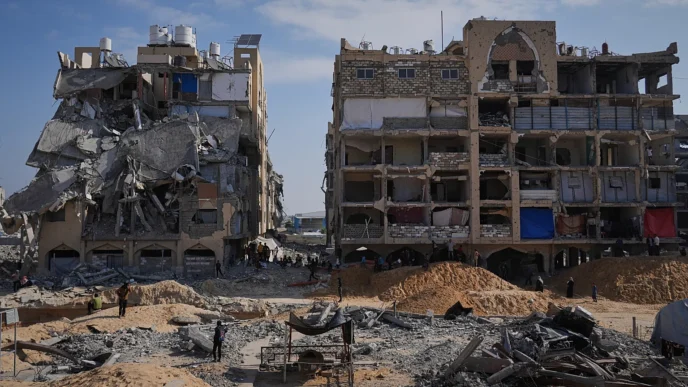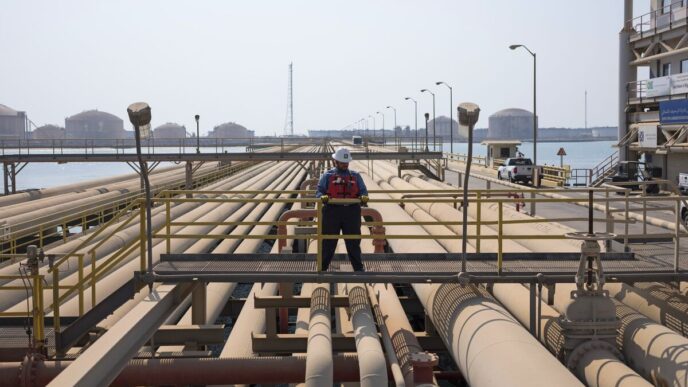Historic Negotiations Could Mark a Turning Point in the Middle East’s Most Intractable Conflict
After months of escalating tensions and mounting international pressure, Israel and Hamas are set to hold direct talks in Egypt on Monday to discuss the newly proposed Gaza Peace Plan, spearheaded by U.S. President Donald Trump.
The meeting, to be hosted under the supervision of Egyptian mediators and U.S. envoys, is being described by diplomats as the most consequential peace dialogue in the Middle East since the Abraham Accords. While skepticism remains high, both sides have signaled—at least publicly—a willingness to explore Trump’s proposal, which aims to end decades of cyclical violence and pave the way for a new governance model in Gaza.
A Rare Moment of Opportunity — or Another Mirage?
The upcoming Cairo talks come amid a fragile ceasefire and an uneasy sense of exhaustion following years of devastating conflict in Gaza. According to diplomatic sources, both Israel and Hamas have privately expressed interest in “de-escalation and reconstruction”—though their motives remain starkly different.
For Israel, the Trump plan offers a path toward demilitarization of Gaza, the return of hostages, and the establishment of a regional economic framework involving Arab states. For Hamas, the appeal lies in lifting the blockade, securing international recognition, and rebuilding Gaza’s infrastructure, which remains in ruins after multiple wars.
“There is a recognition on both sides that this cycle cannot continue indefinitely,” said a senior Egyptian intelligence official, who spoke on condition of anonymity. “The Trump plan, while controversial, has created a framework everyone is now forced to confront.”
Inside Trump’s Gaza Peace Proposal
The Trump plan—unveiled in late September during his campaign trail—outlines a four-phase roadmap designed to gradually restore stability and autonomy to Gaza while ensuring Israeli security interests.
- Immediate Ceasefire and Aid Corridor – Establishment of U.S.-monitored humanitarian zones in Gaza to facilitate medical and food aid.
- Governance Transition – Replacement of Hamas’s military leadership with a transitional technocratic council jointly approved by regional stakeholders.
- Economic Rebirth – A $25 billion reconstruction fund led by Gulf states and managed by an international consortium headquartered in Dubai.
- Political Recognition and Peace Guarantees – A conditional diplomatic process leading to partial recognition of a Palestinian governing body in Gaza.
While the plan has drawn fierce criticism from both Israeli hardliners and Hamas loyalists, Washington insists the framework represents the “only realistic path forward.”
“President Trump has created the first pragmatic bridge between Israeli security needs and Palestinian sovereignty,” said Mark Meadows, a senior Trump adviser. “Monday’s meeting is about translating that into reality.”
Egypt Steps Back Into Its Historic Role
Cairo’s involvement underscores Egypt’s enduring influence as a regional mediator. Since the Camp David Accords, Egypt has often acted as a bridge between Israel and the Palestinian factions, balancing diplomatic leverage with regional security interests.
President Abdel Fattah el-Sisi personally approved the hosting of the talks, deploying both the General Intelligence Service and Foreign Ministry to facilitate discussions.
“Egypt is uniquely positioned to mediate,” said Leila Hassan, a political analyst at the Egyptian Center for Strategic Studies. “Both sides trust Cairo more than they trust each other. If anything can bring them to the same table, it’s Egypt’s quiet diplomacy.”
Challenges Looming Ahead
Despite cautious optimism, experts warn that the talks face nearly insurmountable obstacles.
- Hamas’s Internal Divisions: The group’s political and military wings remain split on how far to go in engaging with Western-backed initiatives.
- Israel’s Political Pressure: Prime Minister Benjamin Netanyahu faces backlash from coalition partners who see any concession to Hamas as a betrayal.
- Public Distrust: After years of bloodshed, both Israeli and Palestinian civilians are deeply skeptical of peace promises.
“This is not Oslo 2.0,” said Dr. Eitan Baruch, a Tel Aviv University political scientist. “This is a last-ditch attempt to redefine coexistence in a region where trust has been replaced by fatigue.”
International Reactions: A Mix of Hope and Hesitation
The global response to the planned talks has been mixed.
- The United Nations welcomed the move, urging both sides to commit to a sustainable peace.
- The European Union called the talks a “historic opening” but warned against unilateral U.S. dominance in the mediation process.
- Iran, however, dismissed the Trump plan as “an imperialist blueprint” designed to neutralize Palestinian resistance.
Meanwhile, Saudi Arabia and the UAE—both instrumental in regional diplomacy—are quietly supporting the initiative, seeing it as a chance to stabilize the Eastern Mediterranean and curb Iran’s influence.
Behind Closed Doors: Quiet Contacts and Hidden Agendas
Multiple diplomatic leaks suggest that informal talks between Israeli and Hamas representatives have already taken place in recent weeks, brokered by Egyptian and Qatari officials. These discussions reportedly focused on humanitarian access, prisoner exchanges, and energy infrastructure.
Insiders claim that Trump’s son-in-law, Jared Kushner, is playing an unofficial role as a liaison between the American delegation and Middle Eastern leaders, echoing his earlier involvement in the Abraham Accords.
“Kushner has relationships in the region that few others do,” said an American diplomatic source. “He’s working behind the scenes to align the Arab states with Trump’s peace vision.”
The Stakes Couldn’t Be Higher
If the Cairo talks produce even a limited agreement, it could reshape the geopolitical map of the Middle East. A successful framework might not only de-escalate the Gaza crisis but also reopen channels for broader Israeli-Arab normalizationunder a second Trump presidency.
Conversely, failure could deepen divisions, embolden militant factions, and trigger another round of regional escalation.
“What’s at stake isn’t just Gaza,” said Dr. Rami Khoury, a Middle East historian at the American University of Beirut. “It’s the credibility of diplomacy itself in a post-war region struggling to imagine peace.”
Outlook: Fragile Hope in the Desert
As delegations prepare to meet in Cairo, expectations are cautiously muted. Still, for a region defined by recurring cycles of war and shattered peace talks, even the hint of dialogue feels like a small victory.
The streets of Gaza remain tense but quiet, while in Tel Aviv, the press is buzzing with speculation. The world will be watching on Monday—not just to see if Israel and Hamas can agree, but to see whether diplomacy, once again, can defy history.
“We’ve seen too many false dawns,” said a Palestinian civil activist in Rafah. “But maybe this time, it’s the beginning of a sunrise.”


